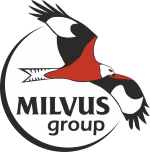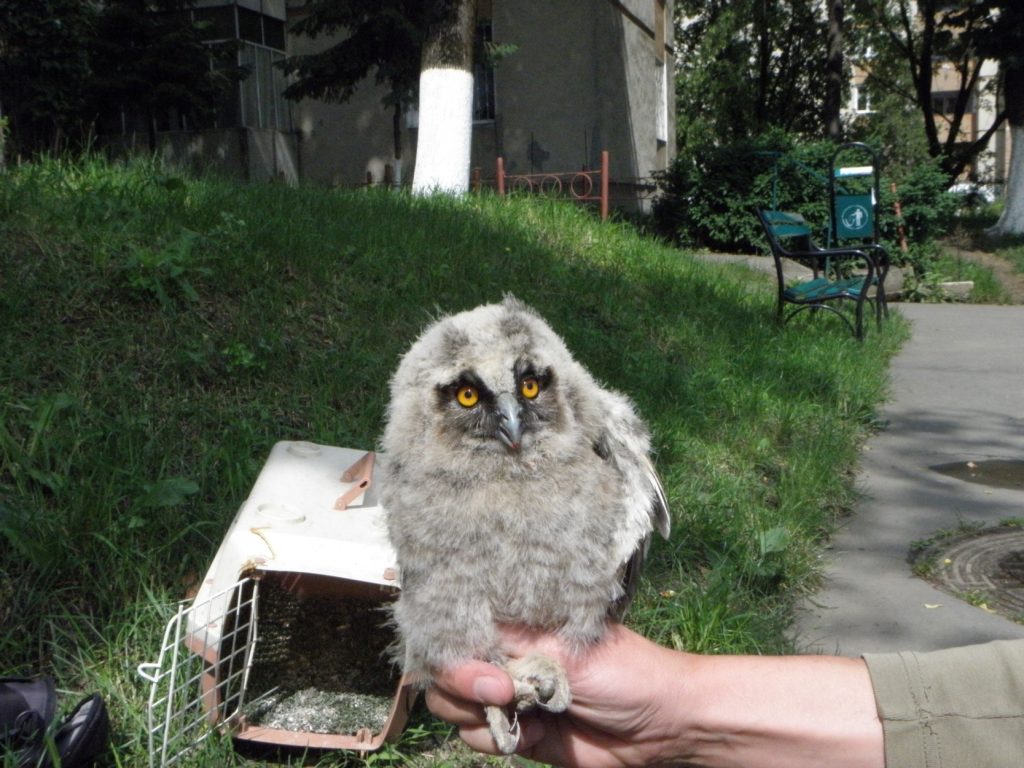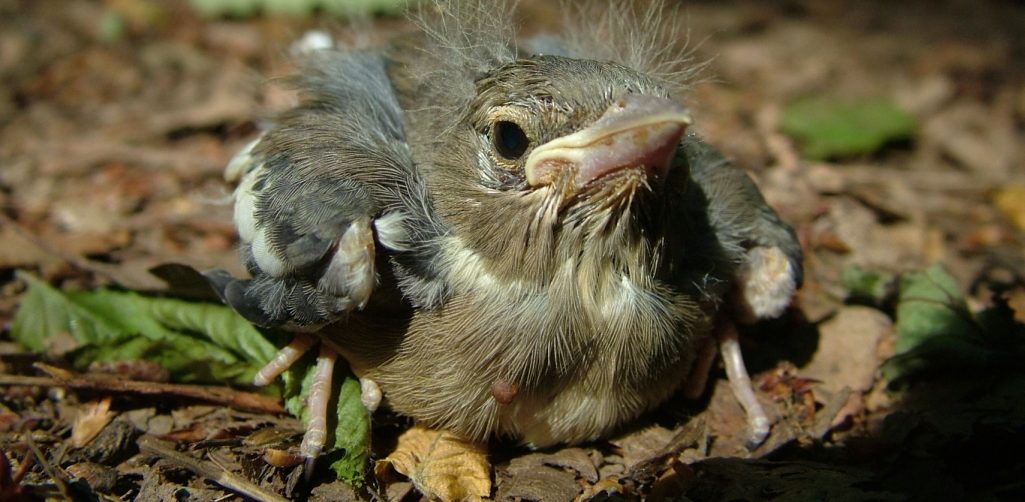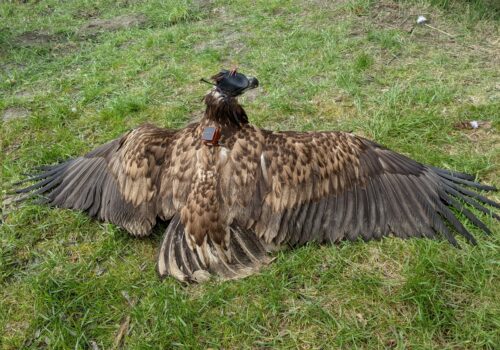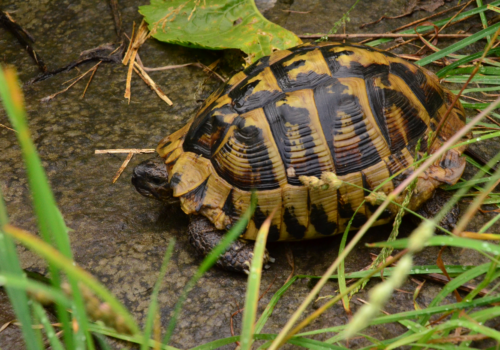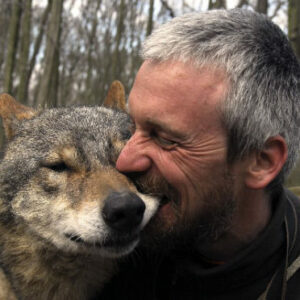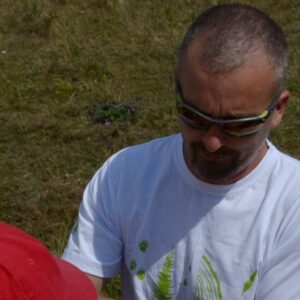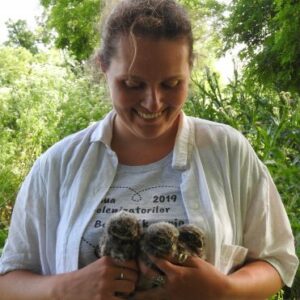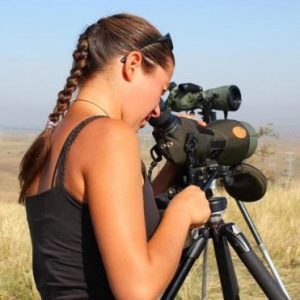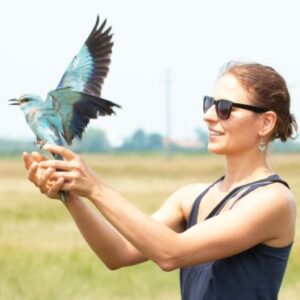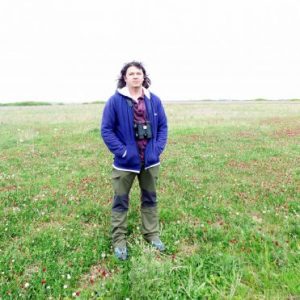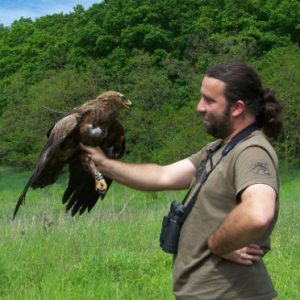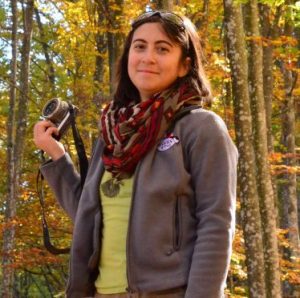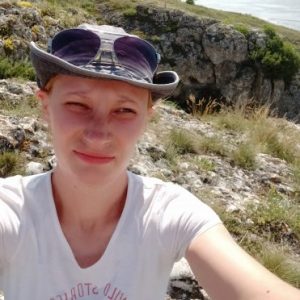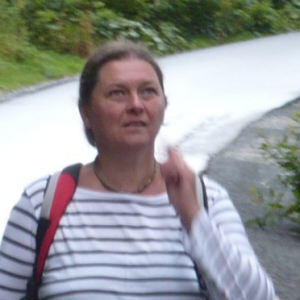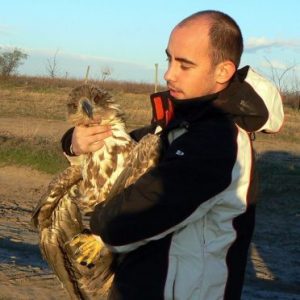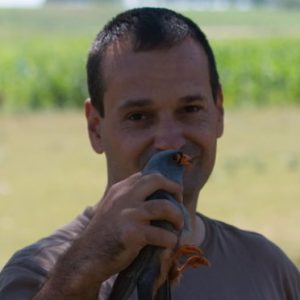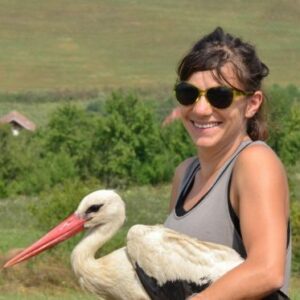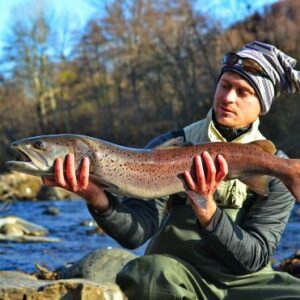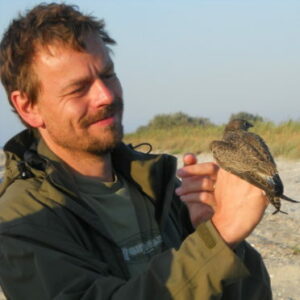From May to August, people tend to save nestlings or juvenile birds that appear to be abandoned.
CAREFUL! Some of them are semi-nidifugous, that means they leave the nest before learning to fly, but their parents still come to feed them.
Saving offspring of songbirds (generally nestlings of unthreatened species) is rather a sentimental gesture, than a real action with conservation value, the reason is simple: under natural conditions, death caused by predation, illnesses and accidents are common. There is a natural balance in the world of small and medium songbirds, they lay eggs two – three times a year, pairs reaching up to 30 chicks in one year, but the nestlings are having a great mortality.
The population is stable without each nestling surviving.
Usually the nestling which already have feathers are not orphan, nor abandoned! In the survival learning process, they are often left alone! During this period, parents keep in touch with their chicks hidden in the dense vegetation and keep on feeding them!
Semi-nidifugous species (blackbirds) jump from their nest at the parents alarm calls, thus concluding a stage in their lives. They should be relocated to the nest only in certain situations: if they fall out due to strong winds or the bird’s body is not yet fully covered with feather!
At a certain extent, hole nesting species are also leaving their nests earlier, such species include: tits, sparrows, starlings and long-eared owls.
Who do we save?
- Naked chicks covered only with white down (often with eyes closed), those who cannot walk or stand, the injured ones or those who hold their wings and legs abnormally.
- Large birds’ chicks (storks, birds of prey) that do not have their body covered with feathers.
- Sometimes birds can build their nests in extremely strange sites, we could intervene if we consider that due to the location the nestlings are under threat!
Out of sympathy and pity, many people considered necessary to save baby dears, rabbits or other wildlife offspring found in the fields, forests and clearings. But beware; these calves seem lonely and helpless, though the truth is otherwise. Their parents left them in safe places, only for a short time! Parents will return to their offspring!
For this reason there is no need for human intervention. Please do not touch, move or disturb these youngsters! They are more secure if you do not bother them!
Whatever the situation, call us on 0722 533816!
